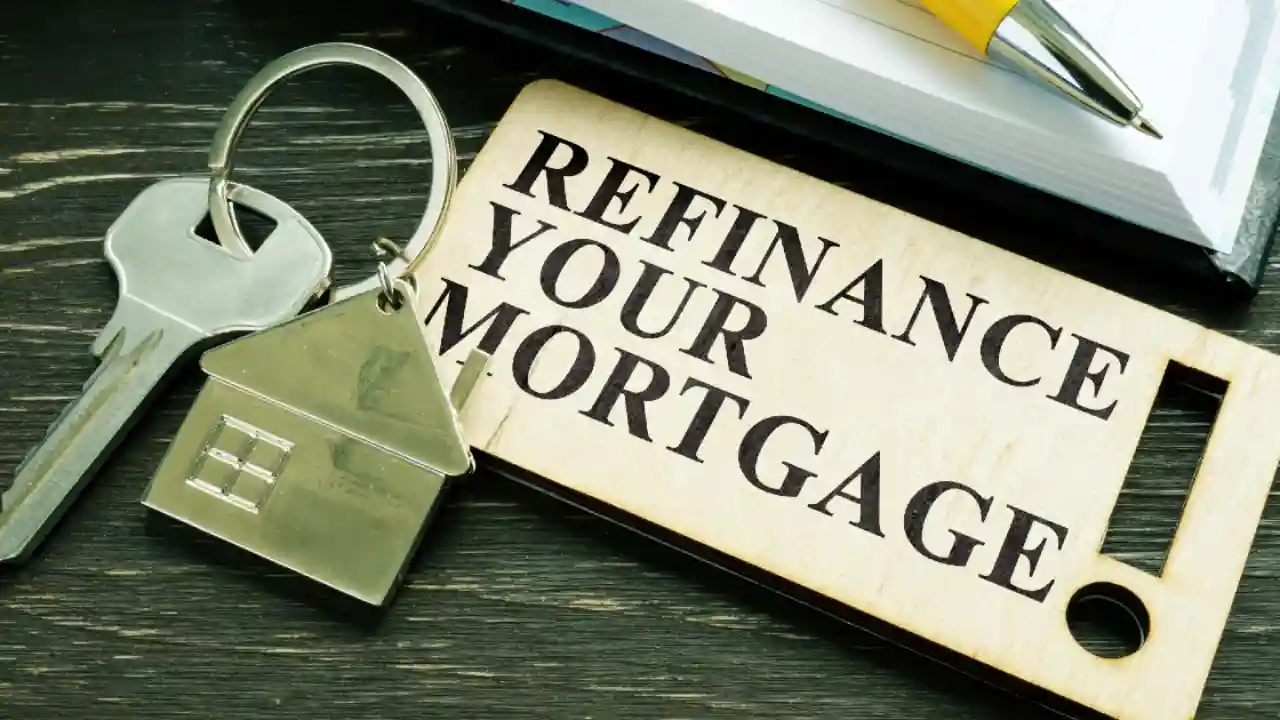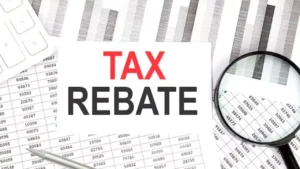Introduction: The Financial Foundation of Homeownership
Buying and maintaining a home is one of the largest financial responsibilities most people will ever face. Beyond the purchase price, there are monthly mortgage payments, insurance premiums, warranties, maintenance costs, and long-term upgrades to consider. In 2025, rising interest rates, fluctuating housing prices, and increasing insurance premiums make money management and mortgage planning more important than ever.
This guide explains how homeowners can approach mortgages strategically, manage money wisely, and protect their biggest investment through smart financial planning.
What Is Money & Mortgage Planning? (Quick Answer)
Money and mortgage planning involves managing home financing, mortgage payments, and related financial protections to reduce risk, build equity, and maximize long-term savings.
Why Money & Mortgages Matter in 2025
- Higher mortgage rates: Fixed rates average 6–7%, up from historical lows.
- Rising insurance premiums: Climate change and inflation drive costs higher.
- Household debt: Many families carry credit card and loan balances alongside mortgages.
- Equity opportunities: Rising home values give homeowners leverage for refinancing or home equity loans.
- Financial security: Smart planning protects against foreclosure, unexpected repairs, and financial instability.
Types of Mortgages in 2025
1. Fixed-Rate Mortgages
- Rates: 6–7% on average.
- Best For: Homeowners wanting long-term stability.
- Benefit: Predictable monthly payments.
2. Adjustable-Rate Mortgages (ARM)
- Rates: Start at 5–6% but can increase after fixed period.
- Best For: Short-term homeowners or those expecting falling rates.
- Risk: Payments may rise unexpectedly.
3. FHA & VA Loans
- FHA: Designed for first-time buyers with lower down payments.
- VA: Available to veterans, often with no down payment required.
- Benefit: Expands homeownership opportunities.
4. Jumbo Loans
- For high-value homes above conforming loan limits.
- Interest rates slightly higher than conventional loans.
- Require excellent credit and higher down payments.
Mortgage Costs & Factors
- Principal: The original loan amount.
- Interest: Based on market rates and credit score.
- Taxes: Property taxes added to monthly payments.
- Insurance: Homeowners insurance (and sometimes mortgage insurance).
- PMI (Private Mortgage Insurance): Required if down payment is under 20%.
Strategies for Smart Money & Mortgage Management
1. Refinancing in 2025
- Homeowners refinance to lock in better rates or access home equity.
- Rule of thumb: Refinance if you can reduce interest by at least 1%.
- Be mindful of closing costs (2–5% of loan amount).
2. Building Equity Faster
- Make bi-weekly payments instead of monthly.
- Apply tax refunds or bonuses to mortgage principal.
- Small extra payments can cut years off a loan.
3. Emergency Planning
- Maintain a 3–6 month emergency fund for mortgage and utilities.
- Consider mortgage protection insurance for added security.
4. Debt & Budgeting Balance
- Avoid overextending with credit cards or personal loans.
- Use a budget that prioritizes mortgage, insurance, and essential expenses.
- Apps and mortgage calculators help track affordability.
5. Leveraging Home Equity
- Home equity loans or HELOCs (Home Equity Lines of Credit) can fund renovations.
- Smart choice for projects that increase home value (e.g., roofing, energy upgrades).
- Risk: Using equity for non-essential expenses increases financial vulnerability.
Real-World Examples
- Refinancing Success: A Georgia homeowner refinanced their mortgage in 2025, reducing payments by $320 per month and saving $40,000 over the loan’s life.
- Equity Advantage: A California couple used a HELOC to install solar panels, increasing property value and reducing utility bills.
- Emergency Protection: A Michigan homeowner who lost their job avoided foreclosure thanks to mortgage protection insurance covering six months of payments.
- Debt Trap Warning: A Florida family overextended with personal loans, making mortgage payments difficult, highlighting the importance of budgeting discipline.
Common Challenges in 2025
- High rates: Harder to qualify for affordable loans.
- Rising insurance costs: Increases escrow payments.
- Debt stress: Many households carry multiple financial obligations.
- Market uncertainty: Housing prices may fluctuate with the economy.
Tips for Homeowners in 2025
- Shop around for multiple mortgage quotes before committing.
- Use mortgage calculators to estimate payments and affordability.
- Build an emergency fund equal to at least three mortgage payments.
- Refinance when rates dip, but factor in closing costs.
- Don’t use home equity for non-essential purchases.
- Bundle financial strategies: insurance + warranties + tax rebates + smart budgeting.
Key Takeaways
- Mortgages are the financial backbone of homeownership in 2025.
- Rising interest rates and premiums require careful planning.
- Refinancing, equity building, and emergency funds strengthen financial security.
- Smart budgeting and debt control ensure long-term stability.
- Combining mortgage planning with insurance and warranties protects both your home and your wallet.




